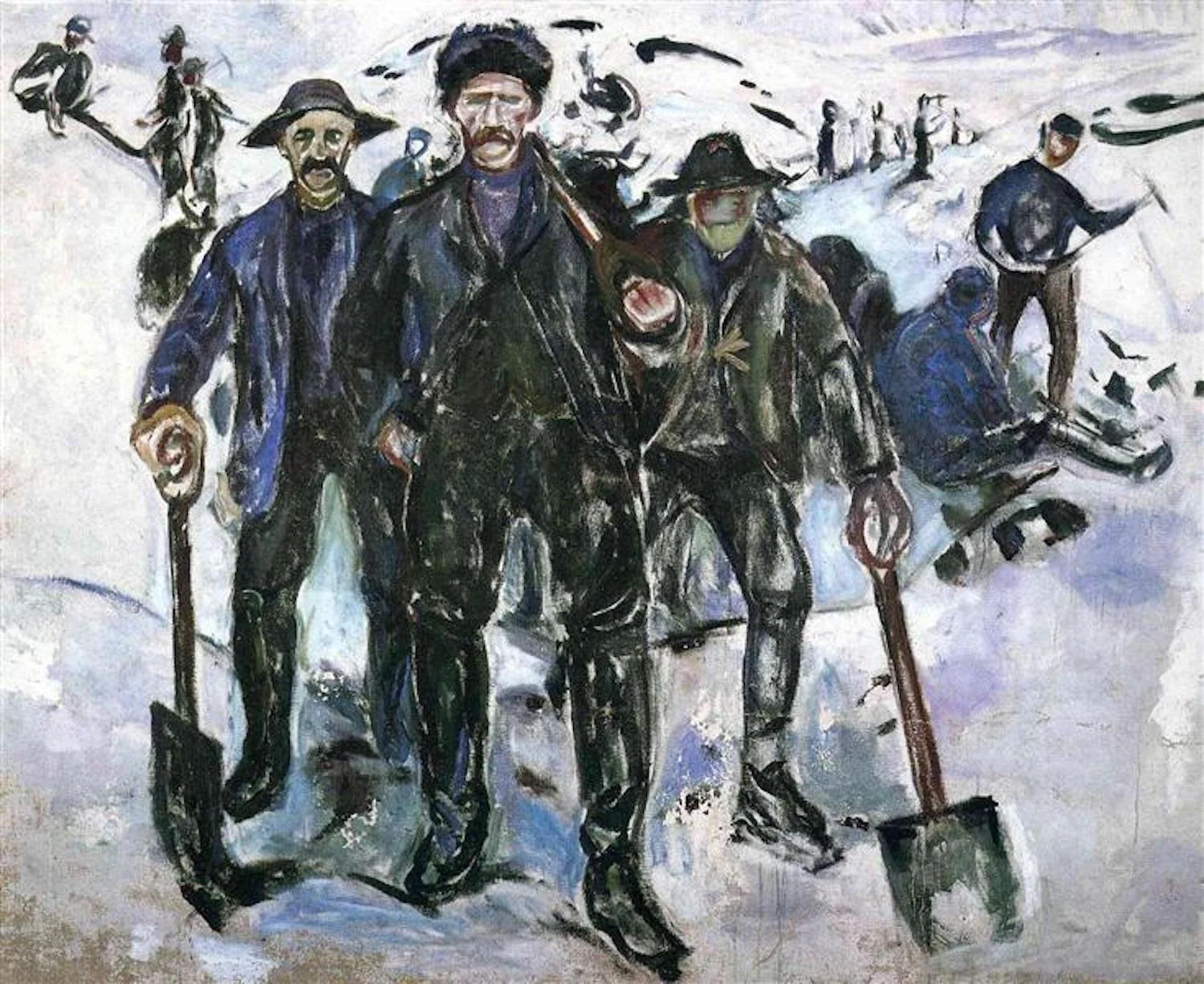The PATH: Acceptance, Regrets, and Difficult Times
sent by J.W. Bertolotti | May 9, 2022
Welcome to The PATH — A weekly reflection with three timeless insights into daily life. This week’s reflection searches for ancient lessons on seeing reality and opportunities—specifically, the insights of — Acceptance, Regrets, and Difficult Times.
1. Acceptance
For the past few years, I’ve been curious about the wisdom of self-acceptance. In his classic On Becoming a Person, the psychologist Carl Rogers wrote, “The curious paradox is that when I accept myself just as I am, then I can change.” Why are we so prone to see self-improvement as the only path?
In my interview with Dr. Carl Erik Fisher (author of Urge: Our History of Addiction), I asked about his thoughts on the role of self-acceptance and behavior change. Dr. Fisher explained,
I don’t know another route, honestly, based on clinical work, my recovery, and spiritual practice. I don’t know another route to change other than radical acceptance, to use a phrase from Tara Brock, and deep compassion for whatever is showing up in the present moment, including myself, habits, conditioning, and limitations. I think that acceptance is really the bottom line.
The notion of acceptance does not only apply to ourselves; it also applies to the world. The psychologist Albert Ellis put it this way: “The emotionally mature individual should completely accept the fact that we live in a world of probability and chance, where there are not, nor probably ever will be, any absolute certainties, and should realize that it is not at all horrible.”
The philosopher Montaigne made a similar point in his Essays, “Learning to live, in the end, is learning to live with imperfection in this way, and even to embrace it.”
——
2. Regrets
According to the philosopher Soren Kierkegaard, regret is entirely unavoidable: “Marry, and you will regret it; don’t marry, you will also regret it; marry or don’t marry, you will regret it either way.”
What are some of your biggest regrets?
In Either/Or: A Fragment of Life, Kierkegaard explained,
I see it all perfectly; there are two possible situations — one can either do this or that. My honest opinion and my friendly advice is this: do it or do not do it — you will regret both.
Similarly, my interview with Oliver Burkeman (author of Four Thousand Weeks) revealed a few harsh truths. Burkeman explained, “The day will never arrive when you finally have everything under control — when your to-do lists have stopped getting longer, and you’re meeting all your obligations.”
Although that isn’t a reason for despair… it’s a cause for relief.
As finite beings, an unfinished to-do list is inevitable. Likewise, our inability to predict the outcome of the paths we didn’t take leaves us asking — what-if types of questions.
In an interview towards the end of his life, Christopher Hitchens remarked, “One is always going to have regrets; you have to decide in advance what they will be.”
——
3. Difficult Times
How can life’s challenges help us find our calling? Wisdom traditions view hardship (or difficult times) as inevitable and an opportunity to cultivate our character. To quote Seneca, “Difficulties strengthen the mind, as labor does the body.”
My interview with Stephen Cope (author of Dharma in Difficult Times) revealed the meaning of Dharma,
Dharma is one of those very complex Sanskrit words that often means truth or path or law. In the two books that you and I are going to be talking about, including the recent one, the word dharma is a Sanskrit word that means sacred calling, true calling, our true vocation.
Difficult times can provide fertile ground for discovering our calling. In his Letters to a Young Poet, Rainer Maria Rilke wrote, “Why do you want to shut out of your life any uneasiness…, since after all, you don’t know what work these conditions are doing inside you?”
To quote the poet Johann Wolfgang von Goethe,
Like a sculptor, everyone holds his fortune in their own hands, the raw material he will fashion into a figure. But it’s the same with artistic activity: We are merely born with the capability to do it.
——
Thank you for reading; I hope you found something useful. If so, please consider sharing it with others.
Each week, we send a short reflection with three insights to help you live your highest good. If you are not a subscriber to The PATH, you can sign up here to receive it right to your inbox.
Image credit: Workers in the Snow by Edvard Munch (1913)






